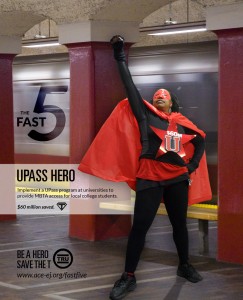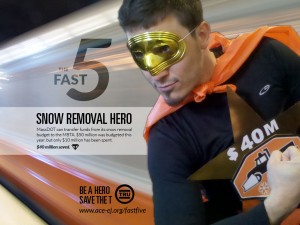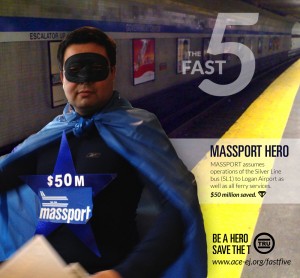A civil rights education project transforms into the kind of creative movement organization that it was founded to inspire.
Founded in 1993, Project HIP-HOP (Highways Into the Past: History, Organizing, and Power) originally had little to do with the arts or culture of hip-hop. It began as an effort to engage young members of the hip-hop generation in the history of the Civil Rights Movement. In its first years, while still under the auspices of the Massachusetts ACLU, Project HIP-HOP (PHH) took high-school-aged youth on annual “civil rights tours” through the South, visiting important sites and meeting with movement veterans. The goal was to offer young people a “living history of the Civil Rights Movement,” and to inspire them to continue the struggle.
After a few annual tours of the South, and a powerful visit to South Africa, young people in PHH decided to take the organization in a new direction, expanding from simply learning about social justice movements to organizing for change. They also began to integrate their own youth cultural practices into the organization, including poetry, rap, djing, hip-hop dance, visual art, and more. Then, in 2001, PHH left the ACLU, formed an independent non-profit, and hired one of their former members as executive director.
Over the next decade PHH initiated a flurry of artistic and organizing projects, from open mics and hip-hop cyphers to campaigns against military recruitment and mass incarceration. But while connected by a political sensibility, the organizing and artistic practices remained, on the whole, separate. This changed when, starting in 2009, PHH began a strategic planning process to determine the future of the organization. Rather than be stretched in two directions, PHH decided to fully merge these two pieces of itself through the practice of cultural organizing.
PHH seeks to address not only the policies but also the ideologies that maintain systems of oppression. Internally, young people at PHH hone their self-understanding and political analysis by studying oppression and resistance across the centuries — from African history to the inner-workings of hip-hop culture and art. They draw on collective artistic practices like cyphers, along with shared rituals, to build community and construct an organizational counter-culture that challenges the racism and individualism of dominant US culture. And externally they bring their arsenal of street theater, flash mobs, poetry, and more — all based in a hip-hop aesthetic — to addressing issues affecting young people of color.
Recently, PHH has joined the Youth Way on the MBTA coalition. In partnership with other youth-led organizations like the Boston Area Youth Organizing Project and the Roxbury Environmental Empowerment Project, they have been pushing the city to limit fair increases, create a new youth pass, and ensure affordable public transportation across Boston. Below is a short street theater piece from a March, 2012 rally at the transportation building.






